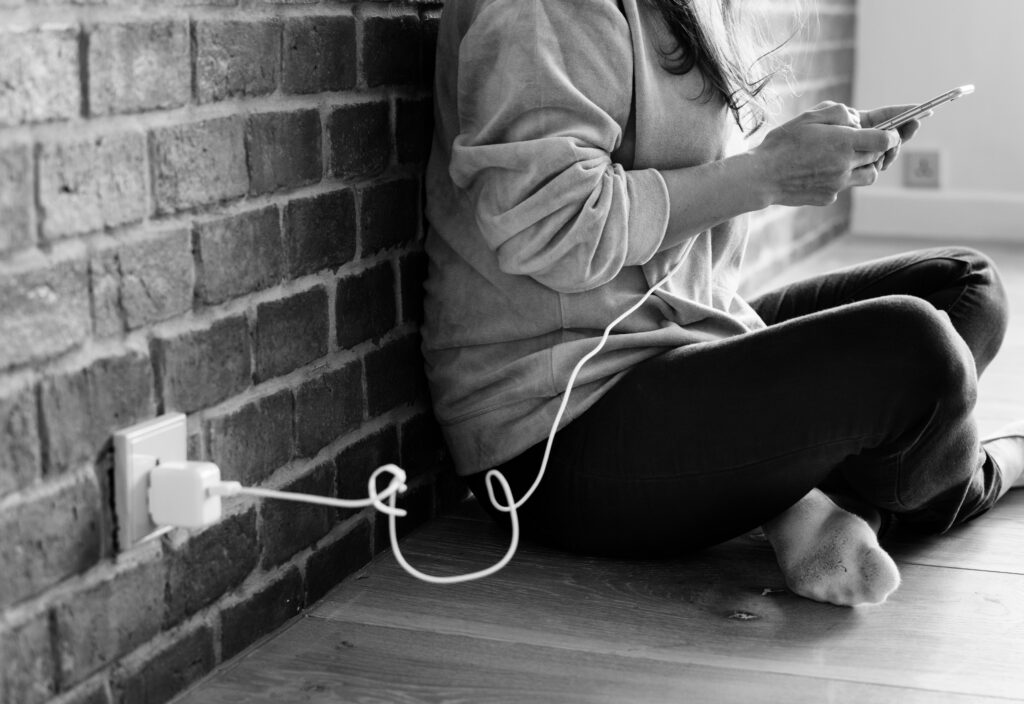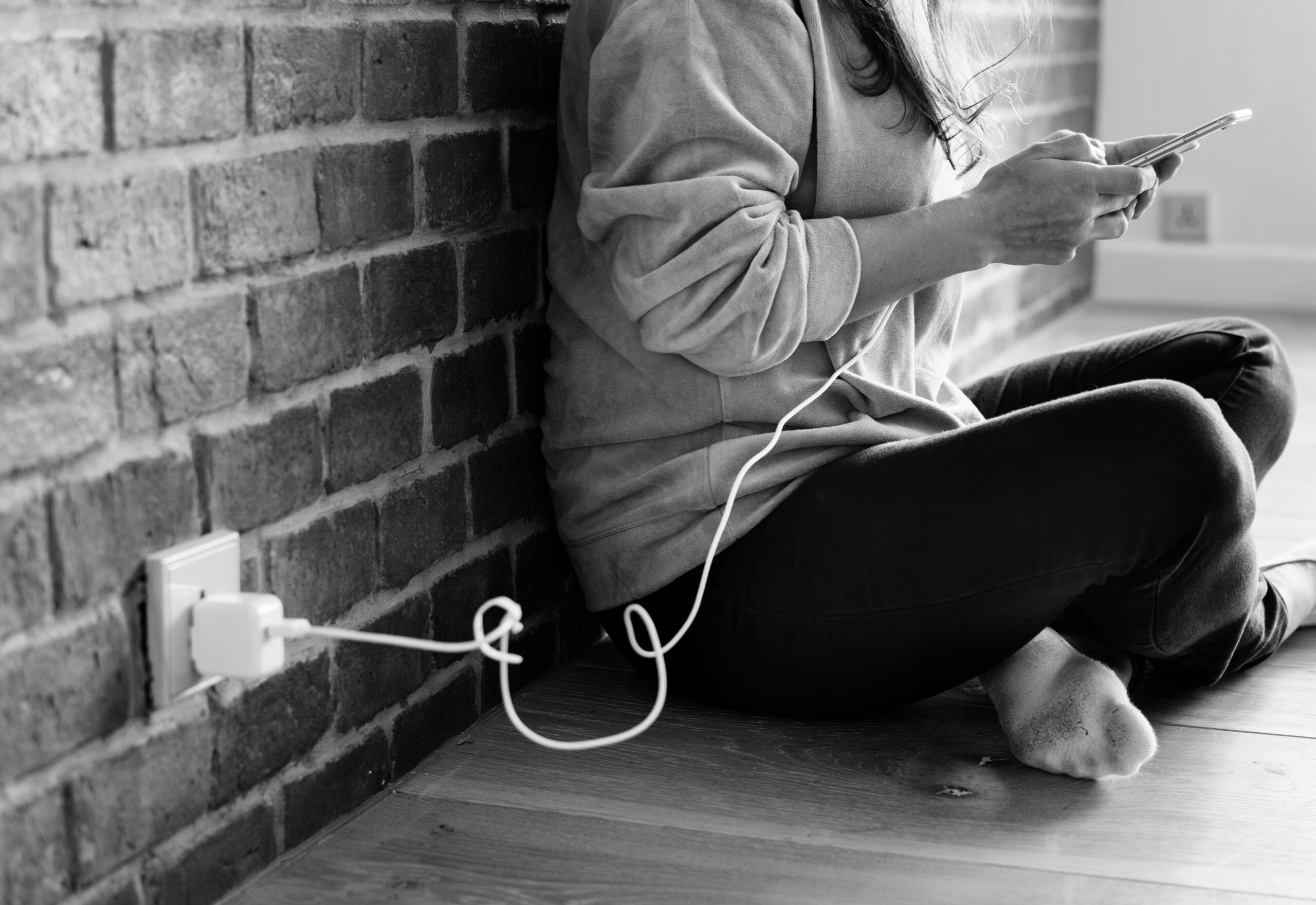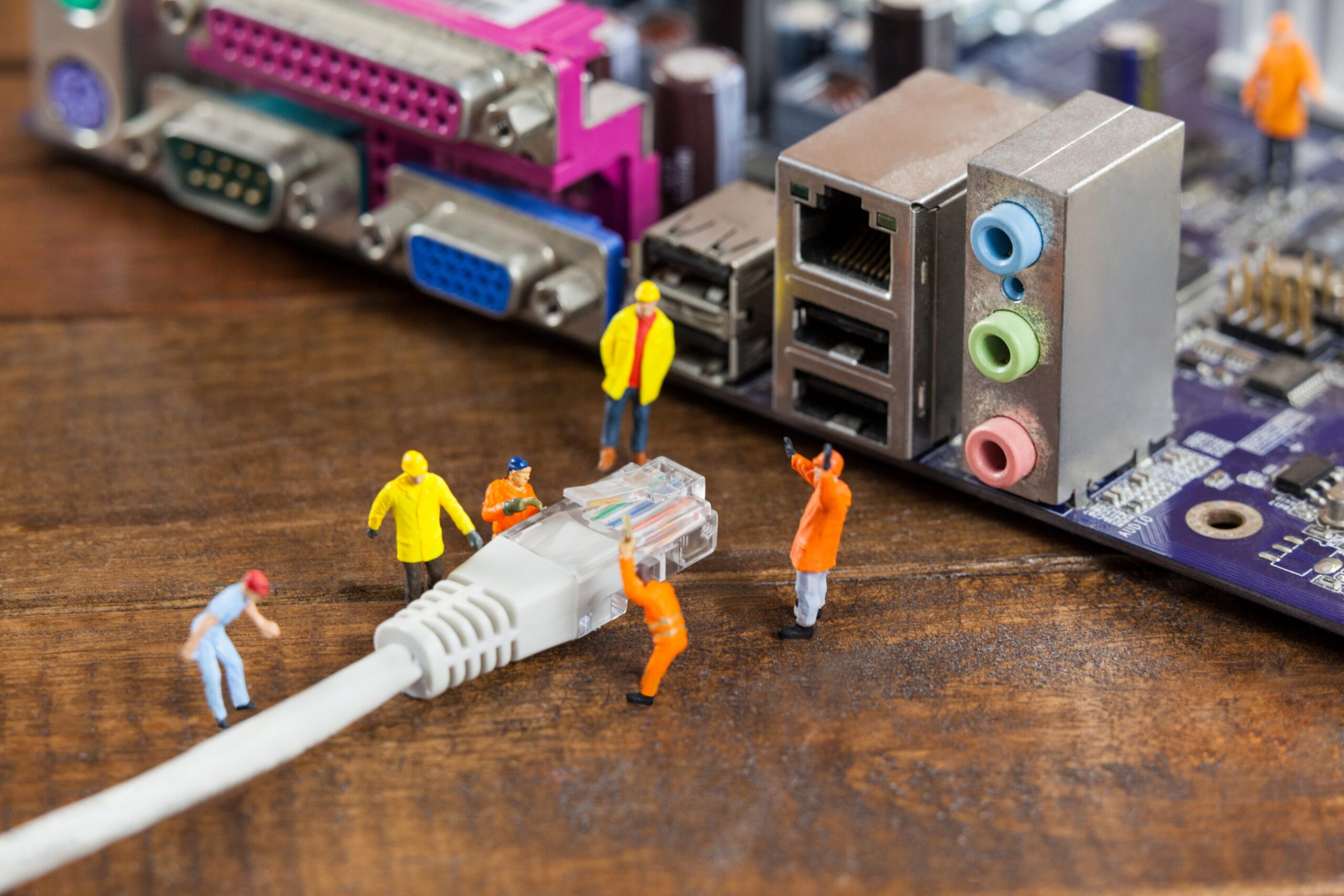In today’s technology-driven world, we rely heavily on electronic devices such as smartphones, tablets, and laptops. These devices need to be charged regularly, and many of us carry charging cables with us wherever we go. However, not all charging cables are created equal, and it’s important to use a certified charging cable to avoid potential hazards and damage to your device.
A certified charging cable is one that has been tested and verified by a reputable organization, such as the USB Implementers Forum (USB-IF) or Underwriters Laboratories (UL). These organizations have set standards for charging cables to ensure that they are safe and reliable for use with electronic devices.
Using a non-certified charging cable can pose several risks to your device and personal safety. Here are some of the potential hazards of using a non-certified charging cable:
- Overheating and Fire Hazards
Non-certified charging cables may not be designed to handle the power requirements of your device, which can cause overheating and increase the risk of fire hazards. Overheating can damage your device’s battery and other internal components such as the logic board, which can be costly to repair or replace.
- Electrical Shocks
Non-certified charging cables may not have proper insulation, which can increase the risk of electrical shocks when you plug them into a power source. Electrical shocks can cause injury or damage to your device.
Using a certified charging cable can help you avoid these hazards and keep your device safe. Certified cables are designed to meet safety standards and provide reliable charging for your device. Here are some of the benefits of using a certified charging cable:
- Safe and Reliable Charging
Certified charging cables are designed to handle the power requirements of your device and provide safe and reliable charging. They are tested and verified by reputable organizations to ensure that they meet safety standards and provide optimal performance.
- Longevity of Your Device
Using a certified charging cable can help extend the life of your device’s battery and internal components. Non-certified cables can cause damage to your device, which can be costly to repair or replace.
In conclusion, using a certified charging cable is essential for the safety and longevity of your electronic devices. Non-certified cables can pose potential hazards, including overheating, electrical shocks, and malware infections. Certified cables are designed to meet safety standards and provide reliable charging for your device. So, next time you’re in the market for a new charging cable, make sure to look for one that is certified by a reputable organization.




